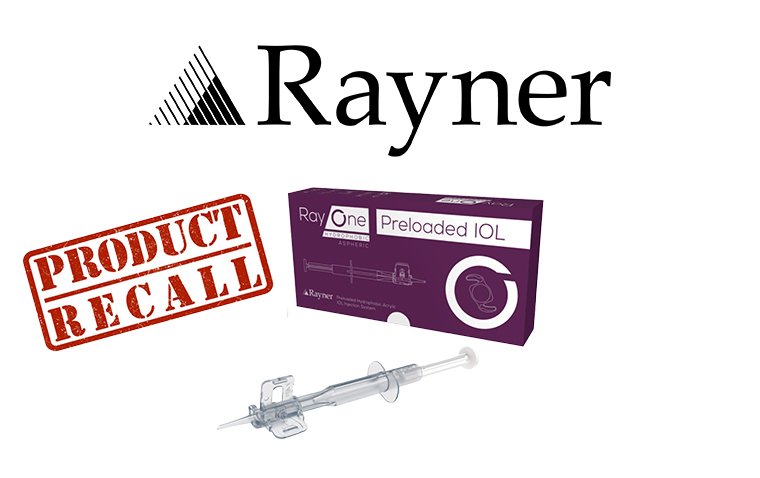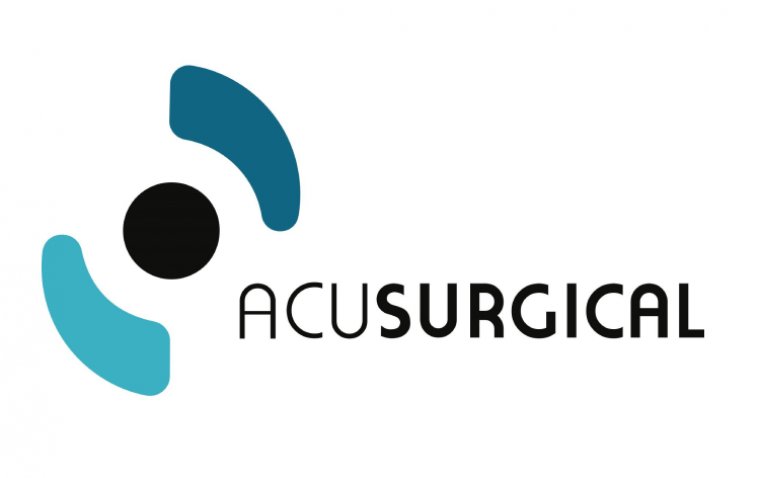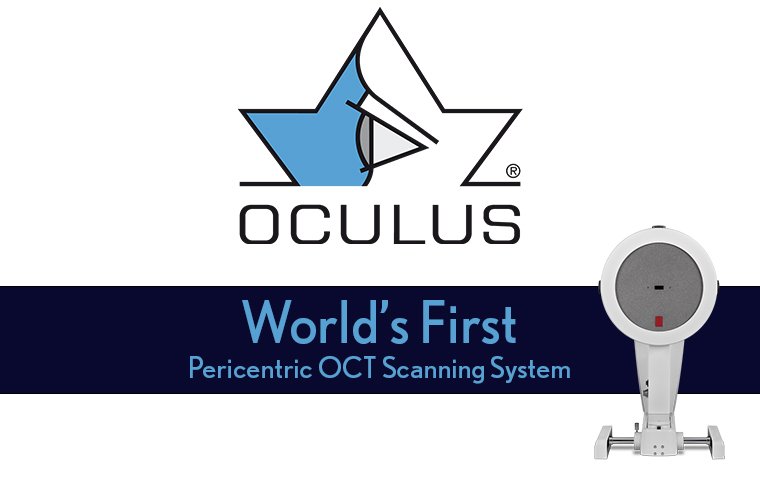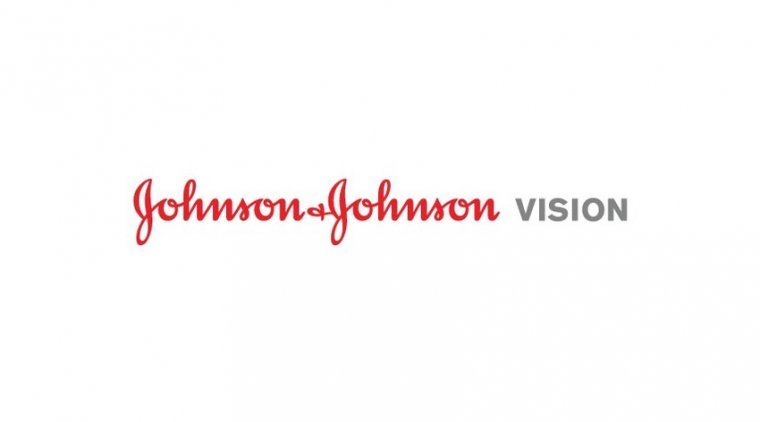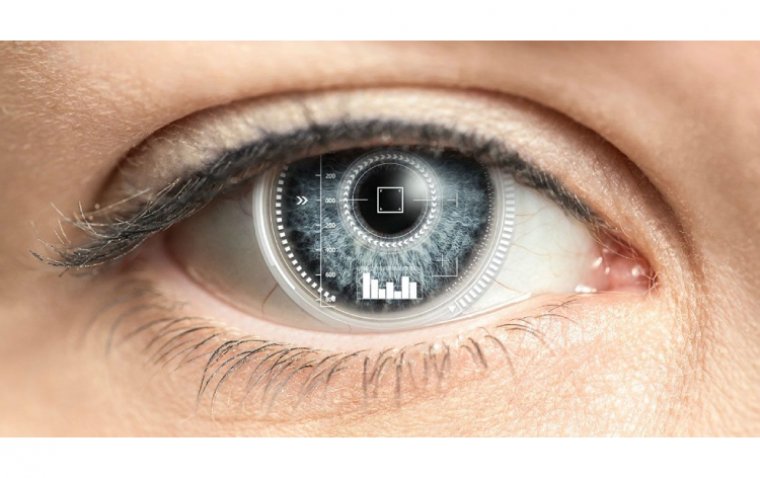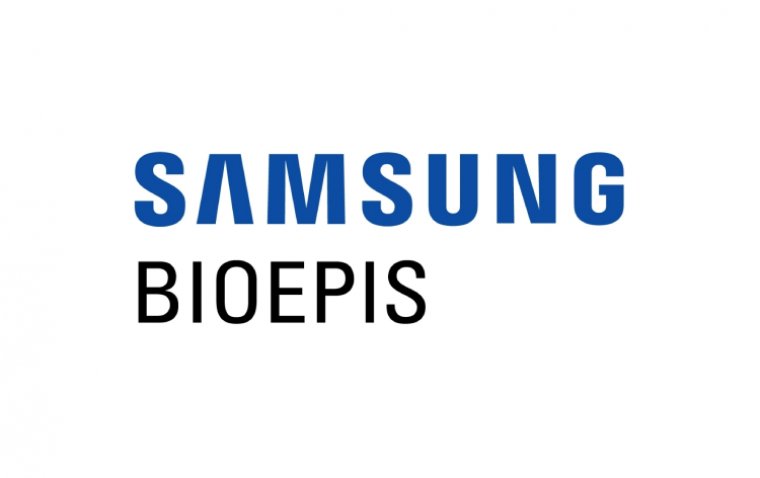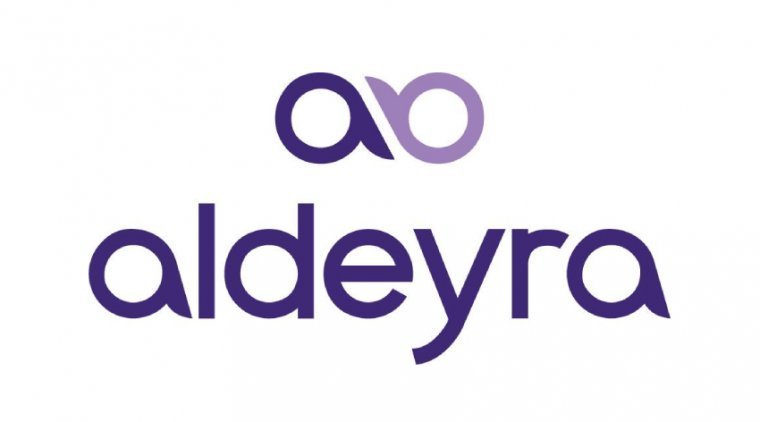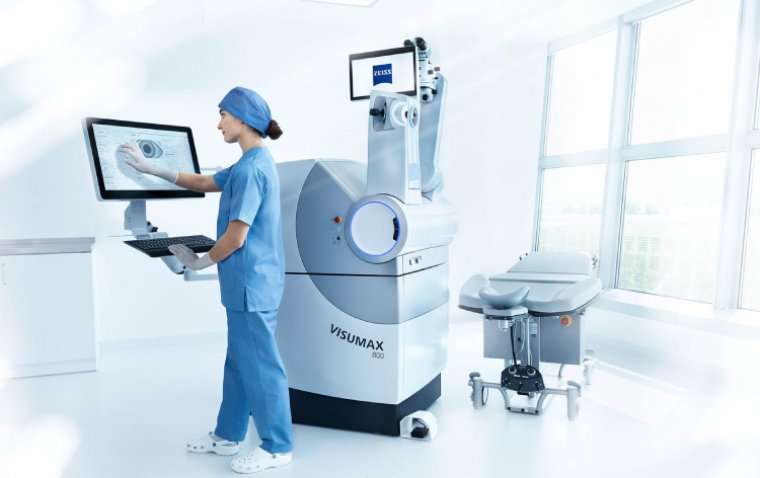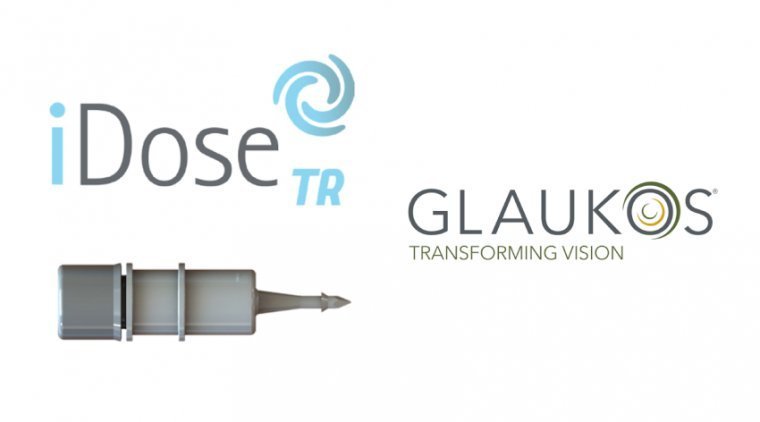
Aurion Biotech's NDA for Corneal Endothelial Disease Gets Approval in Japan
Aurion Biotech announced that it has received regulatory approval from Japan's Pharmaceuticals and Medical Devices Agency (PMDA) for its pioneering cell therapy, VyznovaTM, designed for treating bullous keratopathy of the cornea.
According to the company, this represents the world's first regulatory authorization for an allogeneic cell therapy to cure corneal endothelial disease.
“The approval of VyznovaTM in Japan represents many firsts – for millions of patients in need, for regenerative medicine and for Aurion Biotech, including the first-ever approval of a cell therapy to treat corneal endothelial disease,” said Greg Kunst, chief executive officer, Aurion Biotech. “The Aurion team, with deep experience in cell therapy R&D and manufacturing, is leveraging the landmark inventions of Professor Shigergu Kinoshita, MD, PhD and his team, into high-scale clinical cell therapy development – first in Japan, and then throughout the world.”
The innovation that this cell therapy represents is a significant advancement, as it allows fully differentiated corneal endothelial cells (CECs) to regenerate outside of the human body. Through a novel, multi-step, proprietary, and patented process, healthy cells are extracted from a donor cornea to produce off-the-shelf, allogeneic, fully differentiated CECs, without the use of gene editing.
By using this method, it is possible to generate fully differentiated CECs from a single donor, which can then be used to treat more than 100 recipient eyes. When the endothelial cells are injected intracamerally, they re-populate into a healthy mono-layer and begin to remove fluid from the cornea, ultimately reducing corneal edema.
“Restoring corneal endothelial health to patients by innovating with cell therapy has been my life’s work,” said Professor Shigeru Kinoshita, MD, PhD, of Kyoto Prefecture University of Medicine. “PMDA approval is an essential step in bringing this cell therapy to patients in need in Japan. VyznovaTM cell therapy offers the potential to completely transform the treatment paradigm for corneal endothelial disease, with an ample supply of fully differentiated, allogeneic corneal endothelial cells; a minimally invasive, elegant procedure; and potentially less onerous recovery for patients.”
According to epidemiologists, corneal endothelial diseases such as Fuchs Dystrophy affect over 4% of adults aged 40 or older, which is approximately 16 million people in the US, EU, and Japan. Additionally, many patients suffer from endothelial cell damage due to ocular surgical trauma. Since corneal endothelial cells (CECs) do not regenerate in the eye and decrease in number over time, when these cells are damaged by disease or injury, they are further depleted, and without treatment, patients may lose their eyesight.
Current treatments, such as penetrating keratoplasty (PK) and endothelial keratoplasty (EK), are complex procedures with potentially difficult post-operative recoveries and complications, such as graft detachment, transplant rejection, dislocation, irregular astigmatism, and infection. Furthermore, these procedures necessitate the use of one donor cornea for each corneal transplant, but the demand for donor corneas far exceeds the supply. It is estimated that only one donor cornea is available for every 70 diseased eyes.
To date, Aurion Biotech has treated 130 subjects with its cell therapy procedure in Japan and other studies outside of the United States. During these studies, subjects have experienced significant and long-lasting improvements in key measures of corneal health, including visual acuity, central corneal thickness, and endothelial cell density. The company plans to begin clinical studies in the United States later this year to evaluate the efficacy of its endothelial cell therapy in treating patients with corneal endothelial disease.
(1).jpg)
